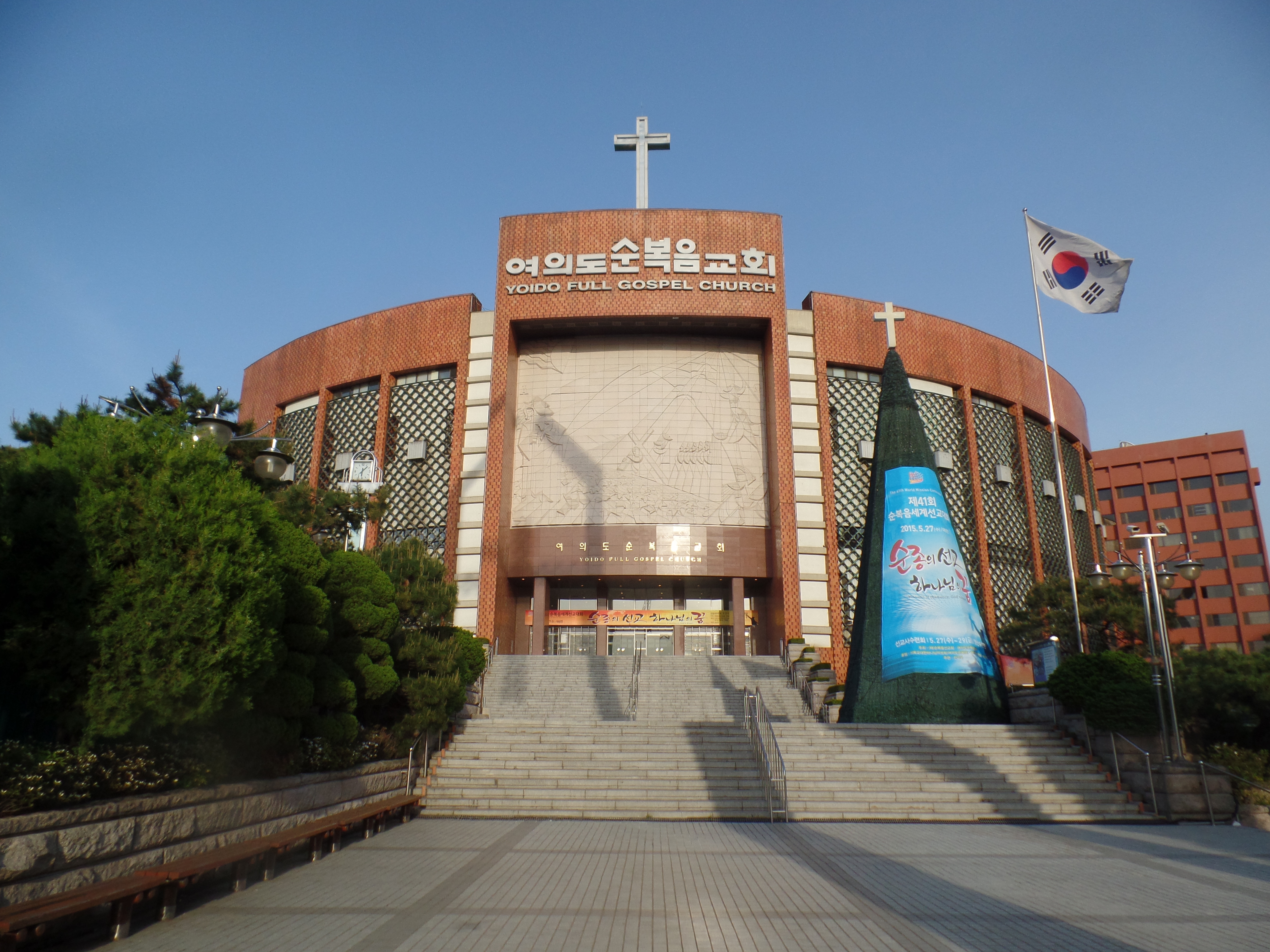
Although the growth in Korean churches and megachurches has slowed and in some cases shows signs of decline, churches that innovate in such ways as stressing expository preaching and intercessory prayer while downplaying the church’s corporate nature are showing signs of growth, according to research by the Center on Religion and Civic Culture at the University of Southern California. A conference on religious competition and innovation in Korea sponsored by the center presented research by sociologist Sung Gun Kim on growing Korean megachurches that are unaffected by the stagnation and financial scandals involving other prominent megachurches. In case studies of four out of twenty growing megachurches in Seoul with 10,000 attendees each, Kim found that even megachurches that have retained their dynastic leadership and wealthy facilities are able to deflect concern about these features through innovation. Unlike in U.S. megachurches where topical preaching predominates, these growing Korean congregations engage in expository preaching from the Bible, as well as embracing more humble measures, such as limiting elders’ tenure and vowing not to own church property.
While Korean megachurches have a history of embracing the status quo and accommodating authoritarian regimes, the new breed of megachurch veers away from “political and popular themes, such as love and money to focus on biblical teachings—considered a novel approach in Korea that is leading to higher levels of regular tithes,” reports The Diplomat online magazine (September 21). In interviewing members of these churches, Kim finds that church leaders have retained the loyalty of members, even after they have been involved in scandals. Kim’s survey of 800 attendees (200 per church) found that they attend church 2.9 times a week, with 81 percent reporting being “born again” and 67 percent tithing regularly. As in the U.S., recent surveys have found a sharp increase in religious disaffiliation among Korean young people, growing from 12 to 35 percent in the last decade. Richard Flory, director of the USC center, attributes the increase to the growing distrust of social groups and organizations in general. The article notes that there is a continued interest in spirituality, as seen in young people who were raised Buddhist converting to Catholicism, impressed by the transparency of the church embodied by Pope Francis. Catholic and Protestant approaches to evangelization are becoming more “progressive,” with their styles even converging. At the same time, Koreans are becoming more concentrated in large churches, with even a Buddhist “mega-temple” coming on the scene.
(https://crcc.usc.edu/the-diplomat-south-koreas-megachurches/)
